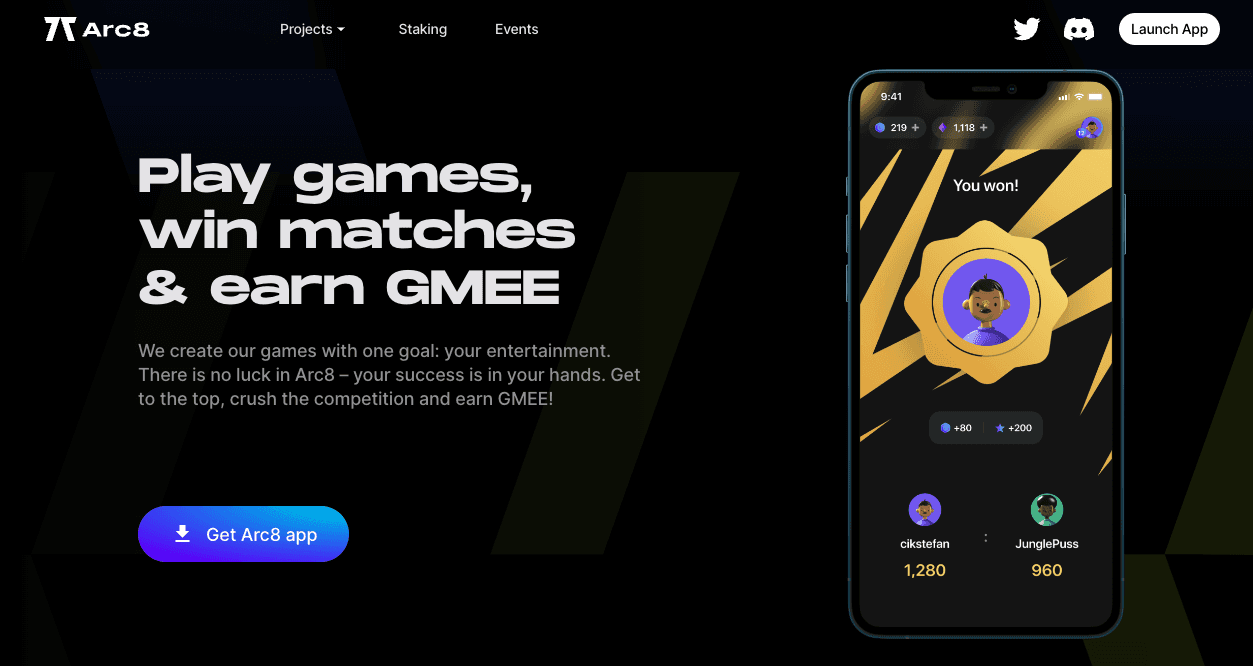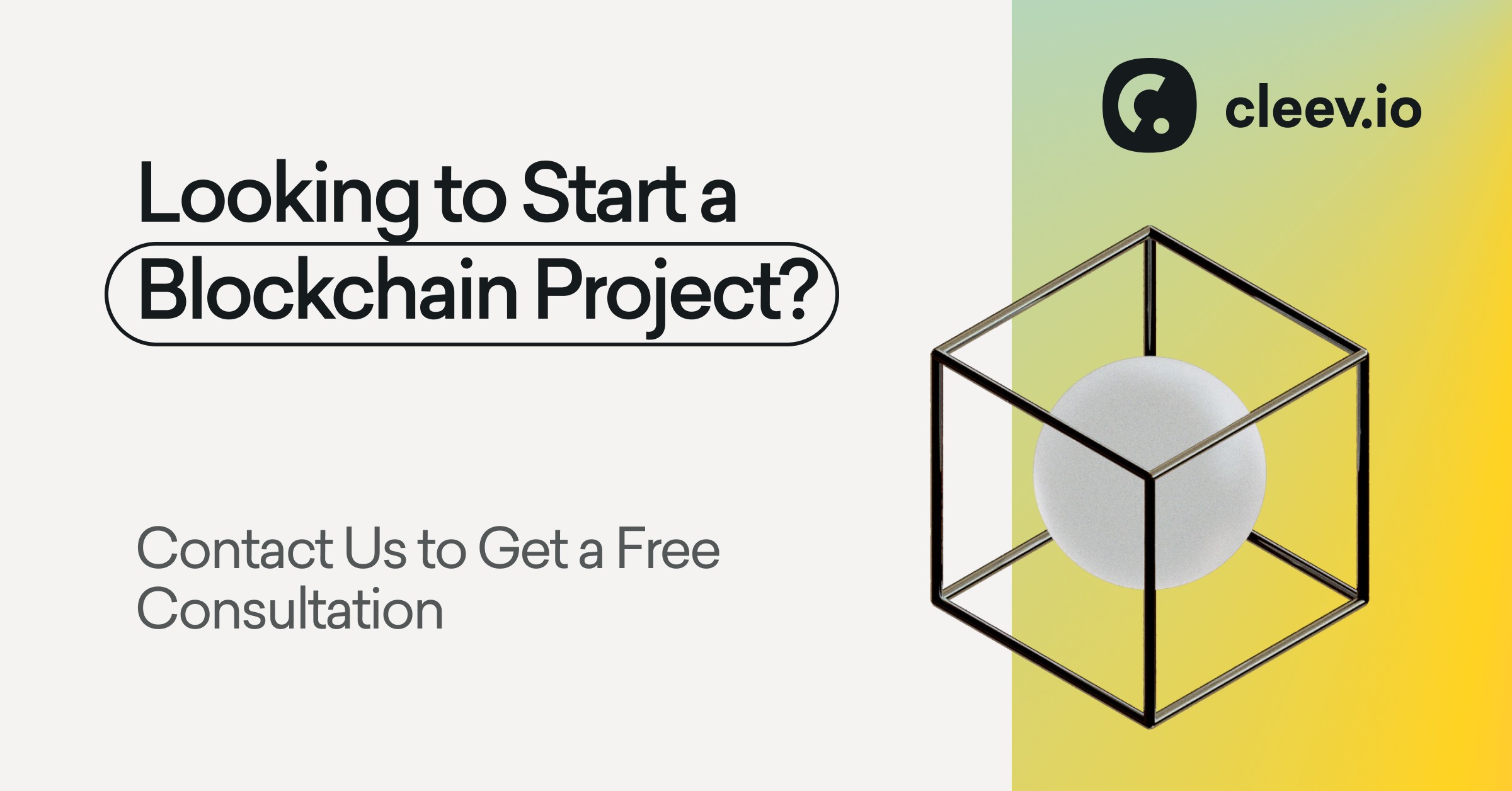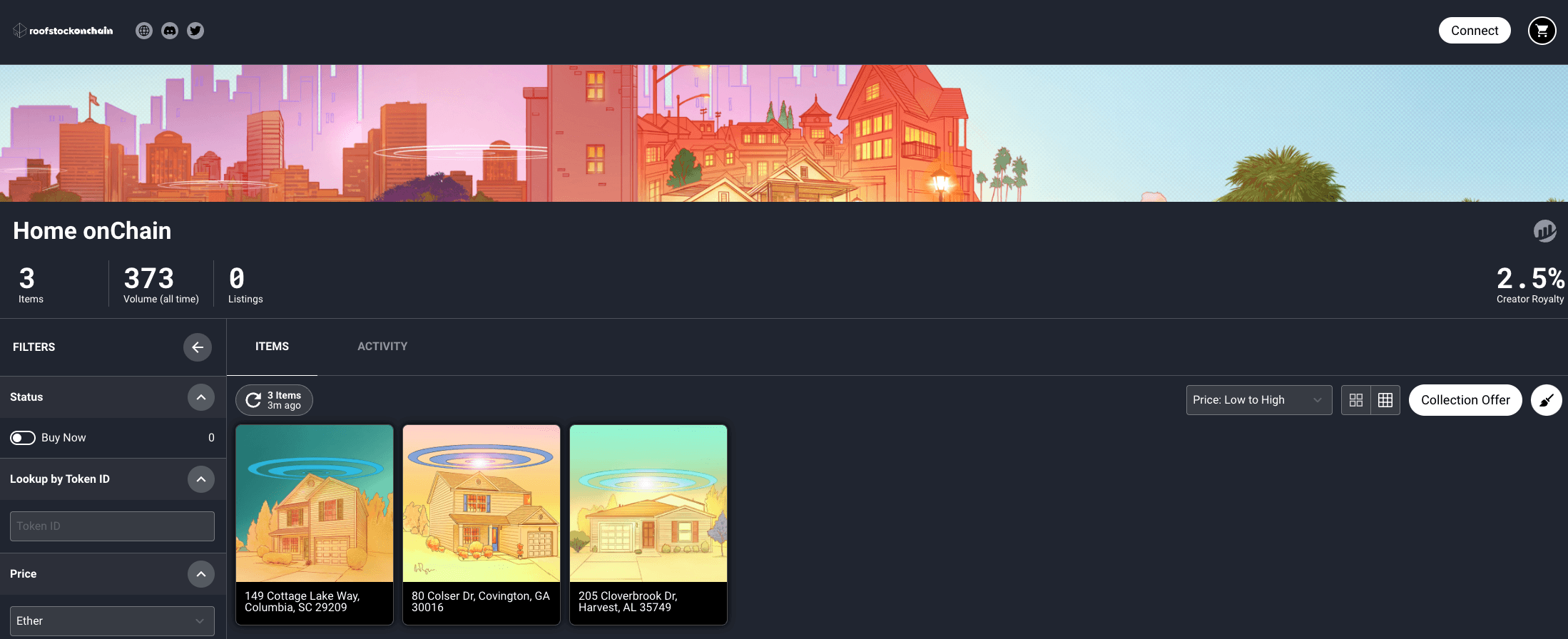What are DApps? Potential of Blockchain-Based Applications
Jun 21, 2023
Jan Hetfleiš
Welcome to the world of decentralized applications (DApps). In this article, we will explore the unique characteristics of DApps, their benefits, limitations and applications. We will also examine the potential of blockchain technology in the development of these innovative applications.
As we move towards a more digital world, it's important to understand the different types of applications that are available. Web apps have been around for some time, providing users with convenient and accessible software through the web. But with the advent of blockchain technology, we are now seeing the emergence of DApps, which offer a new level of security, transparency, and decentralization.
What are DApps?
DApps, short for Decentralized Applications, are software programs that are built on top of blockchain technology. Unlike traditional apps that run on centralized servers, DApps distribute data and computing resources across a network of nodes, making them more secure and resistant to censorship or attacks.
One of the defining characteristics of DApps is their decentralized governance model, which is typically controlled by a community of developers and users rather than a central authority.
Blockchain technology enables DApps to operate independently, securely, and transparently, without the need for intermediaries or middlemen. In other words, DApps remove the need for trust in centralized authorities, as the rules and dynamics of the applications are governed by smart contracts and cryptographic algorithms.

Arc8 is a play-to-earn DApp for mobile gaming. Also, the game rewards players for their loyalty, effort, and gaming skills.
Benefits of DApps
Decentralization is one of the biggest benefits of DApps. Unlike traditional apps that rely on central servers, DApps operate on a decentralized network of computers, making them more reliable and secure. This also means that DApps are not subject to the same risks of central points of failure, such as cyber attacks or data breaches.
Transparency is another major advantage of DApps. The blockchain technology that powers DApps enables a high degree of transparency, allowing users to track transactions and data in real-time. This can be particularly helpful in industries where transparency is critical, such as finance or healthcare.
Security is also a key benefit of DApps. Because they are built on blockchain technology, DApps are extremely difficult to hack or tamper with. Smart contracts, which execute automatically when certain conditions are met, also add an extra layer of security to DApps.
"DApps can lead to a more transparent and secure future for industries such as finance, healthcare, and voting systems."
Examples of DApps currently in use include Lenster, a social media app where users own their data and can move their followers across DApps, and NBA Top Shot, a digital collectibles platform for NBA fans. These examples illustrate the potential impact that DApps can have on different industries.
Overall, the benefits of DApps demonstrate the potential for blockchain technology to revolutionize the way we interact online. With their emphasis on decentralization, transparency, and security, DApps have the potential to lead us towards a more equitable and trustworthy digital future.
How DApps Work
DApps are a type of decentralized application that operates through blockchain technology. Unlike traditional applications, which rely on a central server to function, DApps are decentralized and operate on a peer-to-peer network of computers. This unique architecture allows for a range of benefits, such as increased security, transparency, and immutability.
At the heart of DApps is blockchain technology. The decentralized nature of the blockchain ensures that no single entity has control over the application, making it more secure and resistant to hacking or tampering. DApps also use smart contracts, which are self-executing digital contracts that enforce the rules and regulations of the application. Smart contracts are stored on the blockchain and execute automatically when certain conditions are met.
The use of blockchain technology and smart contracts allows for a range of applications that go beyond traditional software. For example, DApps can be used for secure voting systems, supply chain management, and decentralized marketplaces. These applications are already being developed and implemented, with many more to come in the future.
Overall, DApps are a promising development in the world of software applications. With their unique architecture and use of blockchain technology, DApps offer many benefits that traditional applications cannot. As more industries begin to adopt DApps, we can expect to see a revolution in the way we interact online.

Limitations of DApps
While DApps offer a number of benefits, we should also mention some of their limitations, especially when compared to traditional web applications.
One of the main challenges of DApps is scalability. Since every node on the blockchain network has to process every transaction, the speed of the network can be limited. As more users and transactions are added, the network can become slower, making it difficult for DApps to handle large volumes of traffic. Of course, there are ways to deal with this, such as choosing an appropriate blockchain platform for your DApp.
Another challenge is complexity. Developing a DApp requires a higher level of technical knowledge compared to traditional applications. Many developers are still unfamiliar with blockchain technology and may struggle to create DApps that are efficient and user-friendly. That's why it's a good idea to choose an experienced team to develop your DApp.
"One of the main challenges of DApps is scalability."
Despite these limitations, the benefits of DApps still make them an appealing choice for many businesses. As blockchain technology continues to evolve, these limitations may be overcome, making DApps even more attractive for businesses and consumers alike.
Applications of DApps
DApps have the potential to revolutionize various industries by providing decentralized and transparent solutions. Here are some examples of industries that can benefit from using DApps:
Finance: Peer-to-peer transactions, international payments, and asset management are among a few use cases. DApps can also provide more secure and transparent financial solutions.
Healthcare: DApps can be used for storing medical records, tracking pharmaceutical supplies, and enabling secure and private communication between patients and healthcare providers.
Voting systems: Blockchain-based voting systems are secure and transparent, eliminating the risk of fraud and ensuring fair elections.
Gaming: DApps can be used to enable secure and transparent gaming experiences, allowing players to fully own their in-game assets and participate in decentralized competitions.
Real estate: DApps can provide transparent and secure solutions for property transactions, allowing for cheaper and quicker real estate deals.
Social media: Building a social media app on the blockchain provides increased transparency, trust, and security by leveraging decentralized and immutable data storage, enabling users to have greater control over their data and interactions within the platform.
Retail and Fashion: DApps can improve data management tools, enhance supply chain operations, and reduce the risk of counterfeit and grey markets. In addition, digital ownership can improve customer loyalty.
Media and entertainment: With DApps you can track the life cycle of any content, which has the potential to protect digital content, and facilitate the distribution of authentic digital collectibles.
These are just a few examples of how DApps can be applied in various industries. As blockchain technology continues to evolve, the potential for DApps is only expected to grow. Check how the biggest brands use blockchain to gain a competitive advantage.

Roofstockonchain is disrupting real estate with tokenized houses. On their marketplace (DApp) you can buy house with a simple click.
Developing DApps
Developing DApps involves a different approach than traditional app development. DApps use blockchain technology, which requires developers to have a deep understanding of smart contracts and decentralized networks.
Programming Languages
Developers need to learn specialized programming languages to create DApps, such as Solidity, Rust, or Move. Solidity is the most popular language used for writing smart contracts on EVM blockchains.
Tools
Various tools are available to help developers create DApps, such as Truffle, Foundry, and Wagmi. Truffle is a development framework that provides an environment for building, testing, and deploying DApps. Foundry is a portable and modular toolkit for DApp development. Wagmi is a collection of React Hooks used in front-end development.
Challenges
Developing DApps comes with its own set of challenges. The decentralized nature of DApps makes them more secure and transparent, but it also creates scalability issues. DApps need to be able to handle a large number of transactions simultaneously, which can be difficult to achieve without blockchain development experience.
"Developing DApps is not for the faint-hearted. It requires a deep understanding of blockchain technology and a willingness to embrace new challenges."
Developing a new DApp can be a daunting task. But that's where we come in. Check our pitch deck and contact us for a free consultation.
FAQ
Are DApps and web apps the same thing?
No, they are not. Web apps are centralized applications that rely on a server to function. DApps, on the other hand, are decentralized applications that operate on a blockchain network without the need for a central server.
What are the advantages of using DApps?
DApps offer several advantages, including decentralization, transparency, and security. As there is no central server, the data is distributed across the network, making it virtually impossible for hackers to manipulate or steal information.
What industries can benefit from using DApps?
DApps have the potential to revolutionize basically all industries, including finance, healthcare, voting systems, gaming, social media, retail and fashion, and media and entertainment. They can increase transparency and security and reduce costs and inefficiencies.
What programming languages are used to develop DApps?
The most commonly used programming languages for DApp development are Solidity, Rust, Golang and Move.
What are smart contracts?
Smart contracts are self-executing programs that automatically execute the terms of a contract when certain conditions are met. They are used in DApps to ensure the integrity and security of transactions.
What are the limitations of using blockchain technology?
One of the biggest limitations of blockchain technology is its scalability. The current technology can only handle a limited number of transactions per second. Additionally, the complexity of blockchain technology can make it challenging to develop and implement.
Can DApps be used on mobile devices?
Yes, DApps can be used on mobile devices, provided the user has a compatible wallet and browser. Some DApps have also developed mobile apps for easier access.
What is the future of DApps?
The future of DApps is promising, with many industries exploring the potential of this technology. As blockchain technology continues to evolve, we can expect more advanced and innovative DApps in the future.
Are DApps more secure than web apps?
Yes, DApps are generally considered more secure than web apps due to their decentralized nature and use of blockchain technology. However, it is still important to exercise caution and ensure proper security measures are in place when using any application.
Building successful
products.together.
© 2008—2023 Cleevio
Lesnicka 1802/11
613 00 Brno
Mississippi House
Karolinska 706/3
186 00 Prague
Prague office
Brno office
CIN 18008844

